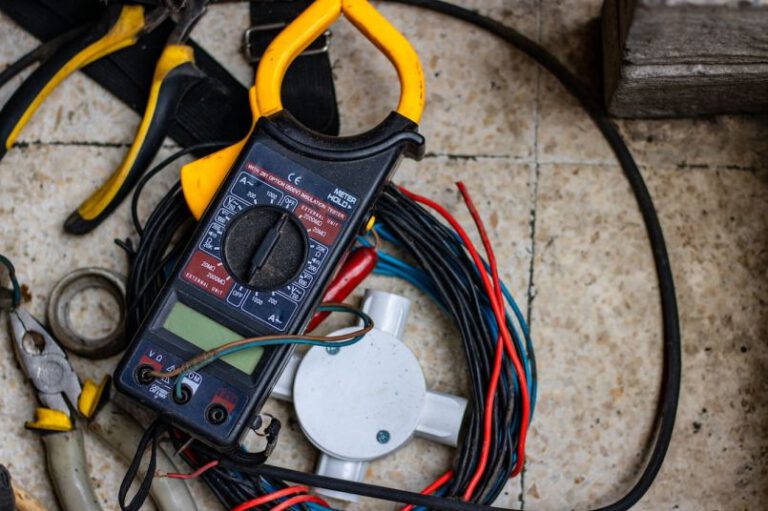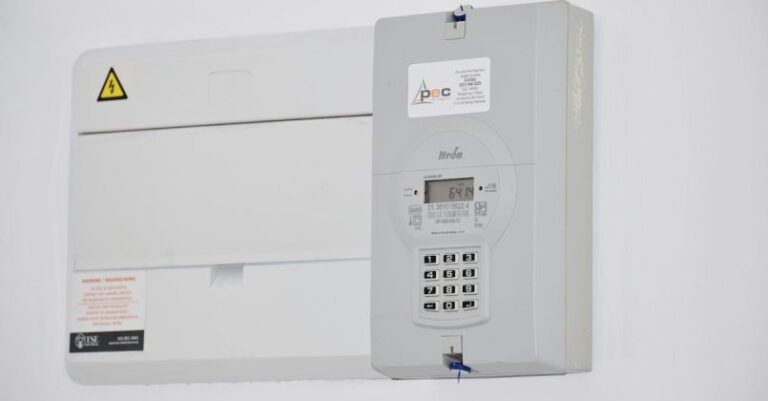Storing Your Home Theater Equipment When Not in Use
Having a home theater system is a great way to enjoy your favorite movies and TV shows from the comfort of your living room. However, when you’re not using it, it’s important to properly store your equipment to ensure its longevity and prevent any damage. In this article, we’ll discuss some tips and tricks for storing your home theater equipment when it’s not in use.
1. Clean and Dust
Before storing your home theater equipment, it’s essential to give it a good clean. Dust and dirt can accumulate over time, which can affect the performance of your devices. Use a soft, lint-free cloth to wipe down the surfaces of your TV, speakers, and other components. Be careful not to use any harsh cleaning agents that could damage the equipment. It’s also a good idea to clean the cables and connectors to ensure a proper connection when you set up your system again.
2. Disconnect and Organize Cables
One of the most frustrating aspects of setting up a home theater system is dealing with tangled cables. Before storing your equipment, take the time to disconnect and organize the cables. Label them if necessary, so you know which cable goes where when you set up your system again. This will save you a lot of time and frustration in the long run.
3. Use Proper Storage Containers
Investing in proper storage containers for your home theater equipment will help protect it from dust, moisture, and accidental damage. Look for containers that are sturdy and have enough space to hold your devices and accessories. Opt for containers with compartments or dividers to keep everything organized and prevent any potential damage caused by items shifting during storage.
4. Avoid Extreme Temperatures
Extreme temperatures can be harmful to your home theater equipment. Avoid storing your devices in areas that are too hot or too cold, such as attics, garages, or basements. Extreme heat can cause components to warp or melt, while extreme cold can lead to condensation and damage sensitive electronic parts. Choose a cool, dry, and temperature-controlled area for storage, such as a closet or a dedicated entertainment cabinet.
5. Store Remotes and Accessories Separately
When storing your home theater equipment, it’s a good idea to keep the remotes and accessories separate. Remotes are small and easily misplaced, so by storing them in a separate container, you can ensure they’re not lost or damaged. Additionally, keeping accessories such as batteries, cables, and adapters in a separate container will make it easier to find them when you need them.
6. Check for Software and Firmware Updates
Before storing your home theater equipment, check for any available software or firmware updates. Manufacturers often release updates to improve performance, fix bugs, or add new features. By keeping your devices up to date, you can ensure they’re functioning optimally when you set up your system again.
7. Regularly Inspect and Maintain
Even when your home theater equipment is in storage, it’s important to regularly inspect and maintain it. Check for any signs of damage, such as cracks or loose connections. If you notice any issues, address them promptly to prevent further damage. Additionally, it’s a good idea to periodically clean the storage containers to prevent dust buildup.
In conclusion, properly storing your home theater equipment when not in use is essential for its longevity and performance. By following these tips, you can ensure that your devices are protected from dust, moisture, and accidental damage. With a little effort and care, you can enjoy your home theater system for many years to come.





